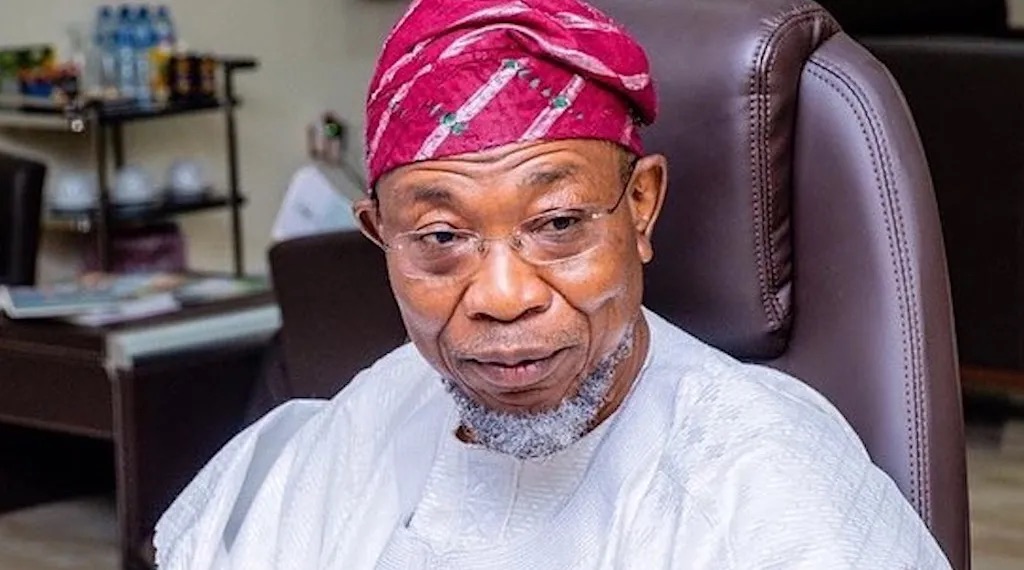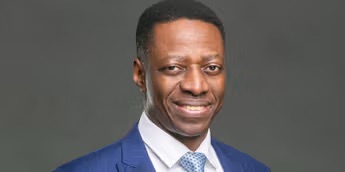Former Osun State Governor Rauf Aregbesola recently warned that Nigeria is facing the risk of a possible revolution if its leaders do not address worsening economic inequalities and political dissatisfaction. Speaking at a National Constitutional Dialogue in Abuja, held to honor the late Professor Ben Nwabueze, Aregbesola called for an urgent shift from Nigeria’s current executive presidential system to a parliamentary form of government.
He argued that the concentration of power in a single office creates barriers to effective governance and a lack of accountability, which ultimately leads to economic instability and social unrest .

Aregbesola criticized the presidential system for fostering a winner-takes-all approach that often sidelines the needs of ordinary Nigerians.
According to him, the high centralization of power is unsustainable for a nation as diverse as Nigeria, as it limits true representation and makes it difficult for local voices to influence national policy. He argued that a parliamentary system, by contrast, would promote greater collaboration, as it requires coalition-building and creates checks and balances that may lead to more effective and transparent governance .
The former governor also highlighted the mounting frustration among Nigerian citizens who feel left out of the nation’s economic growth. He pointed to issues such as widespread poverty, unemployment, and limited opportunities, noting that these social inequalities are creating fertile ground for potential unrest. Aregbesola’s message resonates with ongoing discussions in Nigeria about how to address the economic challenges facing the population.
He warned that if the government continues to overlook the growing discontent, a revolution could be inevitable—a sentiment that reflects the increasing urgency of reform in the eyes of many Nigerians .
In recent years, Nigeria has seen a number of protests and demonstrations, particularly from younger generations calling for reforms and accountability. Aregbesola’s statements echo the concerns of those who argue that structural changes in governance are necessary to prevent unrest. His speech, covered widely by Nigerian media, adds to a growing call for leaders to rethink Nigeria.





